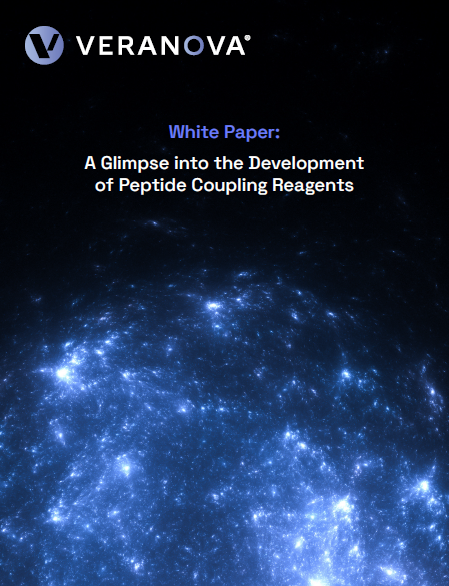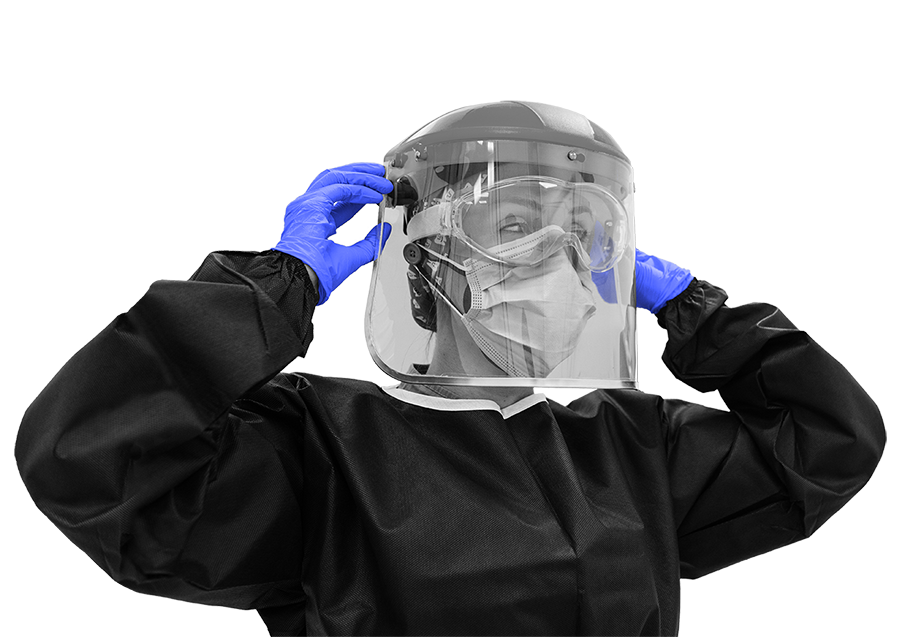“Peptides are a rapidly growing modality in the pharmaceutical industry. Compared to small molecule drugs, they offer high specificity, strong biological activity, and lower toxicity for patients. However, their inherent complexity poses significant challenges, especially when scaling up manufacturing for next-generation peptide therapeutics.
“A key focus for innovation is simplifying and streamlining synthesis. One approach is to search for new and greener reagents. But despite advances in recent years, a sustainable, cost-effective coupling reagent that can be used for both liquid-phase peptide synthesis (LPPS) and solid-phase peptide synthesis (SPPS) has not been identified.
“Choosing the correct reagent for peptide synthesis is dependent on many factors, such as reliability of supply, optimal amide formation, cost, scale, and sustainability. As the demand for peptide therapeutics continues to expand, performance and environmental impact will only become more vital to the success of manufacturing these molecules, on both small and large scales.”
Read our white paper by Veranova’s Lorrayne Clague, Sr. Scientist, and Thi Nguyen, Process R&D Scientist, to learn more about viable coupling reagents for LPPS and SPPS as used in pharma today.

